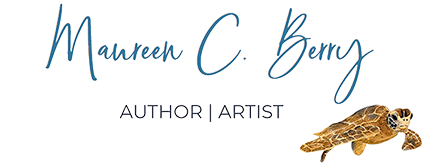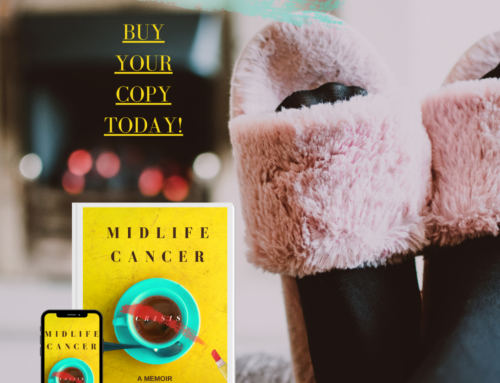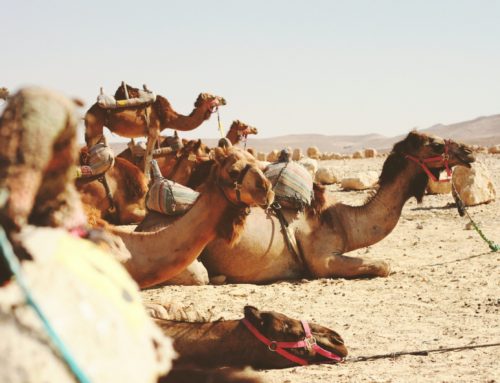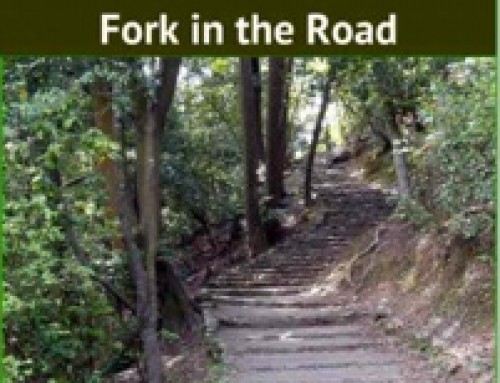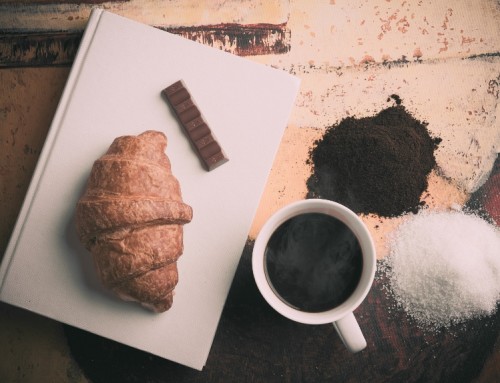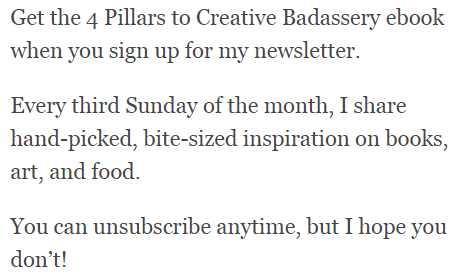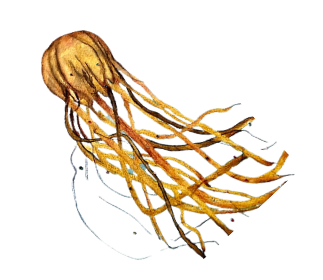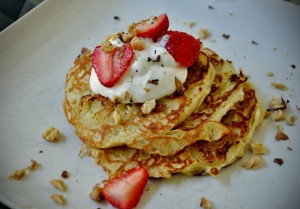 It was December, 1989. I’d been managing The Wooden Spoon for several months when I noticed a nagging sensation gnawing in my belly.
It was December, 1989. I’d been managing The Wooden Spoon for several months when I noticed a nagging sensation gnawing in my belly.
I’d ignored it since I’d taken over the restaurant in September, but when the tickets kept lining up on the line for the $1.50 special, I knew I’d have to get creative, or remove the twenty-foot sign from the side of the highway. The latter was just a fantasy. I didn’t have the right to remove the sign—I had a triple net lease.
If there was one thing I knew how to do at The Wooden Spoon, it was make people happy with food.
I didn’t learn that early in life, nor did I have cooking experience when I took the keys from Steve and said, “I do.” It wasn’t a marriage I was agreeing to, but rather, an arrangement to manage a run-down diner in the middle of a small sleepy fishing and boating community in the Florida Keys.
As a kid growing up, I didn’t have the luxury of a cooking staff, or nanny. My parents didn’t teach me to cook for a restaurant. Dad died while I was seven, mom went back to work as a nurse when I was ten. When I was a teenager and it was “my turn,” to cook dinner, my older siblings, Kathleen, and Kevin, taught me a few things I’ll never forget.
Kathleen taught me how to make one-pot wonders—spicy chili, Italian sausage with sautéed onions and green peppers, Swedish meatballs in a thick, sweet and sour brown gravy, and a tangy tomato and ground beef meat sauce. Kevin taught me how to hold a Chef’s knife, chop vegetables and how to make a roux.
I was a child of the 70s, which meant boxed and processed food. Kraft Mac ‘n Cheese, Hamburger Helper.
But at The Wooden Spoon, I wasn’t making meals for my hungry family. I was cooking for tourists, local anglers and islanders in a sixty-four seat restaurant. Cooking for a living would bring responsibility, frustration, money and friendships to the table. Cooking on two flat-top griddles would be an entire new learning curve.
I learned from several people, but none would be more instrumental than Dan, my Sysco food rep, who became my first great friend in Marathon, Florida. Some of my favorite daily special ideas came from Dan. He sold me well. His strong square jaw and big blue eyes were all I needed to pay attention. His thick blond, wavy hair and tall, lean body created a package that I couldn’t resist. I was looking for more than food advice and friendship. He was looking out for himself and his pocketbook.
The first several months managing The Spoon, Dan and I’d have a standing appointment at 3:30, after I closed the restaurant. Usually I was finished with inventory and ready to give him my order, but the day we’d addressed the $1.50 special, I was bent over the griddles, scrubbing the top with a black lava brick using every muscle in my backside.
He plopped down on the stool at the counter.
“What am I going to do about this $1.50 Special?” I asked over my shoulder.
“What are you offering now?”
“Two eggs and toast.”
I’d glanced over my shoulder to get a glimpse of him while he scrolled through his five-inch book for inexpensive food products. My brain spun like an empty Ferris wheel. My anger seeped out as I scratched the burnt food and built-up baked oil from the surface of the griddle. Helen and Ron, the previous managers, offered the two-egg special for $1.50. And Steve had encouraged me to keep things the same until I could offer a better solution. But if Steve knew anything about me, which he was learning, it was that I would do anything but the same old thing. My argument and reasoning was that I offered two eggs and toast with potatoes and grits for $2.50 on the menu.
So insecure and unsure of what I could do, I’d let the $1.50 special consume me. I wrestled with myself—I didn’t want to lose my regular customers, the “steady-eddies,” I’d called them. After all, if I didn’t have my local customers, who was going to fill the sixty-four seats when the tourists were gone in April? Even Steve supported the $1.50 Special. Of course it was he who’d put the sign up on the highway in the first place.
“I have a sampler case of pastries, each is twenty-four cents. Bagels are fifteen cents. I have a variety pack for eighteen cents. You get blueberry, sesame, cinnamon raisin and plain. How much is a cup of coffee?” Dan asked breaking my reverie.
“Six cents.”
The scratching of the lava stone against the steel was a shade shy of fingernails running down a chalkboard.
“I have a chemical for that job,” he’d said to my backside.
“I don’t want to use chemicals, Dan.” I’d turned around to face him. My face was flush from my exertion. Or maybe it from the feelings that I’d begun to develop for Dan. The feelings that started to surface like the shiny, clean steel grills that would emerge each day after I scrubbed and scratched the burnt surface clean.
